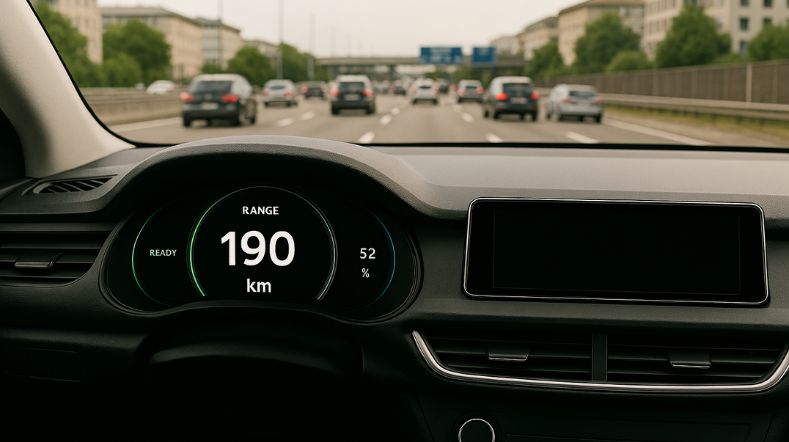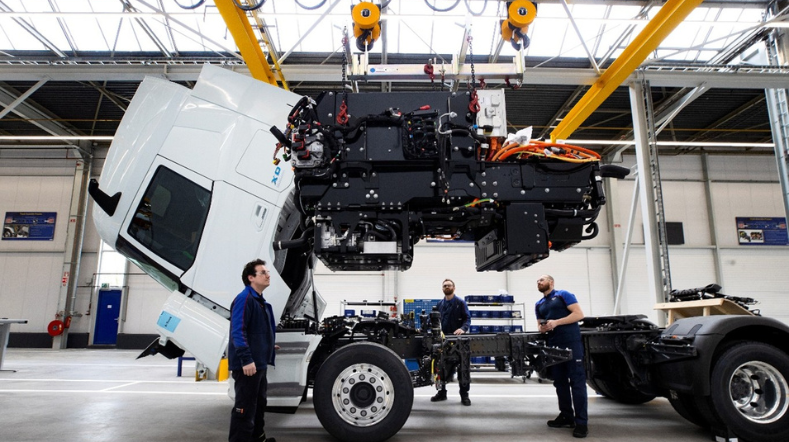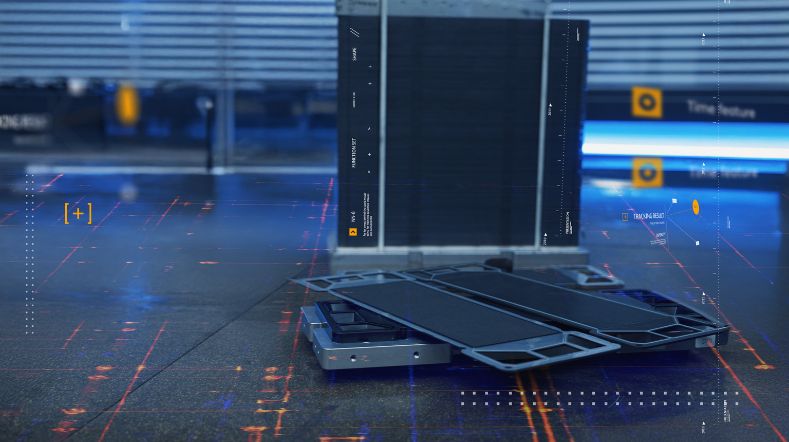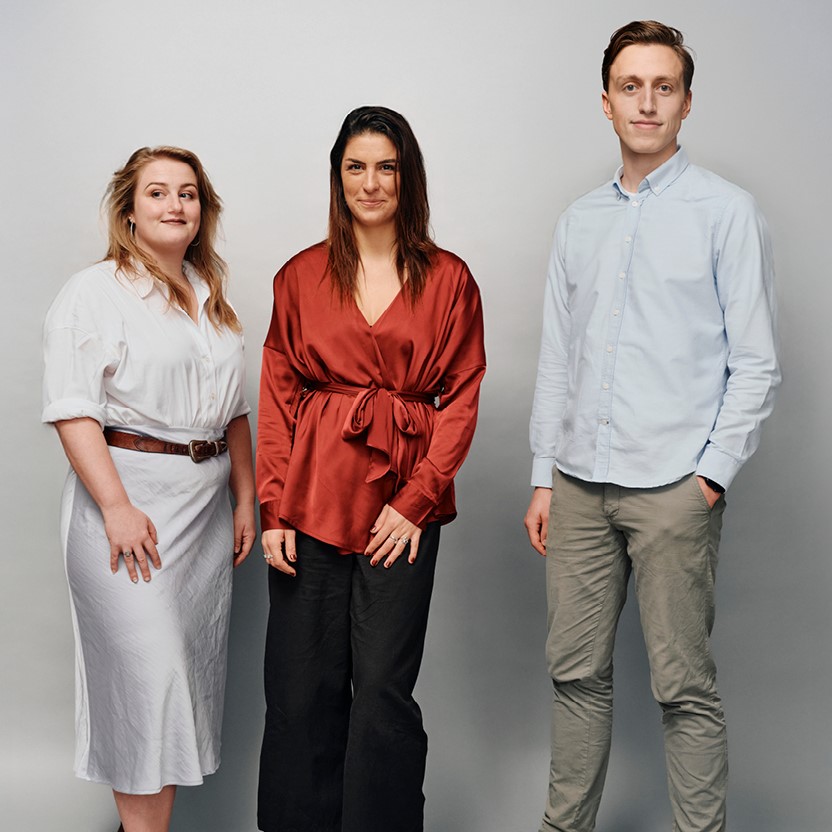
TNO helps battery and vehicle sector with future-proof implementation of battery passport
Parties that manufacture batteries or put them on the European market will be responsible for supplying a battery passport from 2027. With a demonstrator and a white paper, TNO shows how such a product passport can be implemented in a future-proof fashion. In this way, TNO wants to encourage companies to use the passport not only for safe and sustainable batteries, but also to create new business models and economic opportunities.
From 18 February 2027, all batteries for electric vehicles (EVs), industrial applications (>2kWh), and Light-Means-of-Transport (LMT) vehicles in the EU will be required to have a battery passport. With the battery passport, the first product passport to be introduced, the EU wants to contribute to the safety and sustainability of batteries on the European market, explains Sjoerd Rongen, Consultant ICT Strategy & Policy at TNO.
'In this context, there are three aspects to sustainability. Economic sustainability focuses on reducing dependence on critical raw materials and extending the life of materials to create a circular business model. Ecological sustainability is focused on lower carbon emissions and greater biodiversity. And finally, the passport should also promote societal sustainability and ensure better working conditions throughout the production chain.'
Encouraging second use
The battery passport should also give a big boost to 'second-life' application of batteries, says Erik Hoedemaekers, Battery Specialist at TNO. 'Such a passport helps provide a realistic estimate of the value of the battery at the time of its transition from one application to another. At first use, the manufacturer issues certain specifications for the battery. But if, for example, a vehicle battery is sold for another application, it is essential for us to be able to make an objective valuation.'
'This makes it easier to compare second-life batteries and enables you to make smarter decisions about future use. Is the value still sufficient for reuse, or is recycling more advantageous? That's where the information in the passport is going to help us.'

'Such a passport helps provide a realistic estimate of the value of the battery at the time of its transition from one application to another'
Both IT and battery knowledge
Although the legislation has been adopted, much is still unclear about the implementation of the passport. Sjoerd Rongen is certain that it will be a complex task with a great impact on Dutch industry. 'To start with, this is because of the large number of parties that will soon have to work with the passport, and the huge amount of data that need to be exchanged in a secure way. How are you going to share those data securely; how are you going to regulate access; how are you going to work together to create standards and definitions?'
'TNO is unique in that we have both the IT expertise and technological battery knowledge. In addition, we have previously developed techniques and processes for other sectors to answer questions about the origin and footprint of materials. Besides, there’s a lot of experience in the area of life cycle assessments.'
TNO takes the lead
To demonstrate to the market how the battery passport could be implemented safely and efficiently, TNO developed a demonstrator as part of the Green Transport Delta – Electrification (GTD-E) project. This project is part of the Battery Competence Cluster – NL (BCC-NL).
Ruud Roelen, Powertrains department project manager: 'We were receiving more and more questions from the market about the passport. Because of the economic impact this will have, and because of our unique combined knowledge, TNO is a logical party to take the lead with this project.'
In the project, TNO focused on developing a data model and data architecture. Sjoerd Rongen: 'A Battery Passport data model already existed, but it was a limited-use Excel sheet. Based on ontology, we developed a better structured data model from it, which is easier to use in applications and contributes to shared understanding between organisations. Ultimately, the model should contribute to supply chain management. This requires clear communication, based on the same terms and definitions.'

'We were receiving more and more questions from the market about the passport. Because of the economic impact this will have, and because of our unique combined knowledge, TNO is a logical party to take the lead with this project'
Supply chain management is key
Since the EU does not favour a central database, or a central cloud solution, it had to create a decentralised data-sharing system in which all companies are responsible for their own data. Rongen: 'The consequence is then that you get lots of different small data sources, all of which have to start exchanging data with each other. That raises many issues about access rights and technical interoperability. We solved this with Data Spaces, a technique and standard that we as TNO have been involved with for some time. Whether this will eventually become the standard for product passports is not known at this stage, but it seems a promising solution for now.'
Unique battery knowledge
In addition to IT knowledge, Erik Hoedemaekers says TNO's technical battery knowledge also plays a crucial role in this project. 'Together with two battery manufacturers, we considered what data are needed for the passport. This involves parameters such as capacity, available power, efficiency, and electrochemical impedance. We then looked at what dynamic data could logically be extracted from a battery's Battery Management System (BMS). After that, we checked what data parties are already able to provide. For the missing data, TNO added algorithms to the BMS systems. We then tested those systems in our lab, with the data from our algorithms being put into the Battery Passport directly through a gateway.'
Focus on smaller businesses
For Sjoerd Rongen, the demonstrator and the white paper are the starting point for broader development work with product passports. 'By combining the worlds of IT and battery technology, we now have a validated data model and a promising architecture to successfully implement the Battery Passport. We’re now showing what is technically possible; we have a foundation to build on.' For example, there will be a follow-up project with NXP focused on the secure storage and transfer of data from the BMS.
However, according to Erik Hoedemaekers, the demonstrator serves not only to demonstrate technical feasibility. 'Recently, the passport has attracted a lot of attention, but this came particularly from larger companies. Much less from smaller parties. We hope that, with the white paper we have written about our research, we will also support them in implementing a battery passport.'

'By combining the worlds of IT and battery technology, we now have a validated data model and a promising architecture to successfully implement the Battery Passport'
Seizing it as an economic opportunity
Hoedemaekers expects that, once the legislation is in place, there will be solutions. 'The only question is: how were these arrived at? Will they all be individual solutions, or will we join forces? I hope this project will contribute to a broad communication standard for the battery passport.'
Sjoerd Rongen adds: 'My main hope is that we won’t see the passport as a necessary evil and a lot of extra work, but that we’ll use it as an opportunity to be economically competitive. That we’ll make collaboration between organisations so easy with these kinds of data systems that they’ll contribute to new business models, or even better products.'
Hoedemaekers: 'Specifically, that could mean that the system gives confidence in the status and value of that battery, making it easier, for example, to use a battery from a car in a stationary application.'
Getting started
Companies that want to be well-prepared for the battery passport would do better to make a start right away rather than waiting, according to Ruud Roelen. 'Although 2027 still seems far away, when you see what’s involved, you can no longer afford to sit back as a company. Our project results are a good starting point to discover how to achieve a future-proof implementation of the battery passport. There will probably still be practical issues in the time to come, but TNO can provide excellent help based on its IT knowledge as well as its technical battery expertise.'
Download our white paper
View the project results and download the white paper 'Towards future-proof battery passports'.
Get inspired
How far can you travel in an electric car?


National Growth Fund invests in Dutch battery consortium for heavy duty transport


TNO opens test cell for sustainable marine engines


Battery technology: 4 developments according to the Battery Lab


Fuel cells crucial for decarbonising heavy-duty transport and non-road machinery





